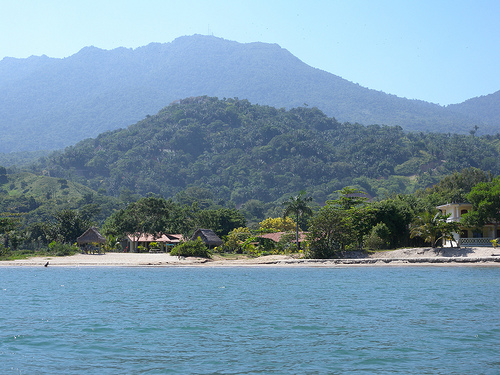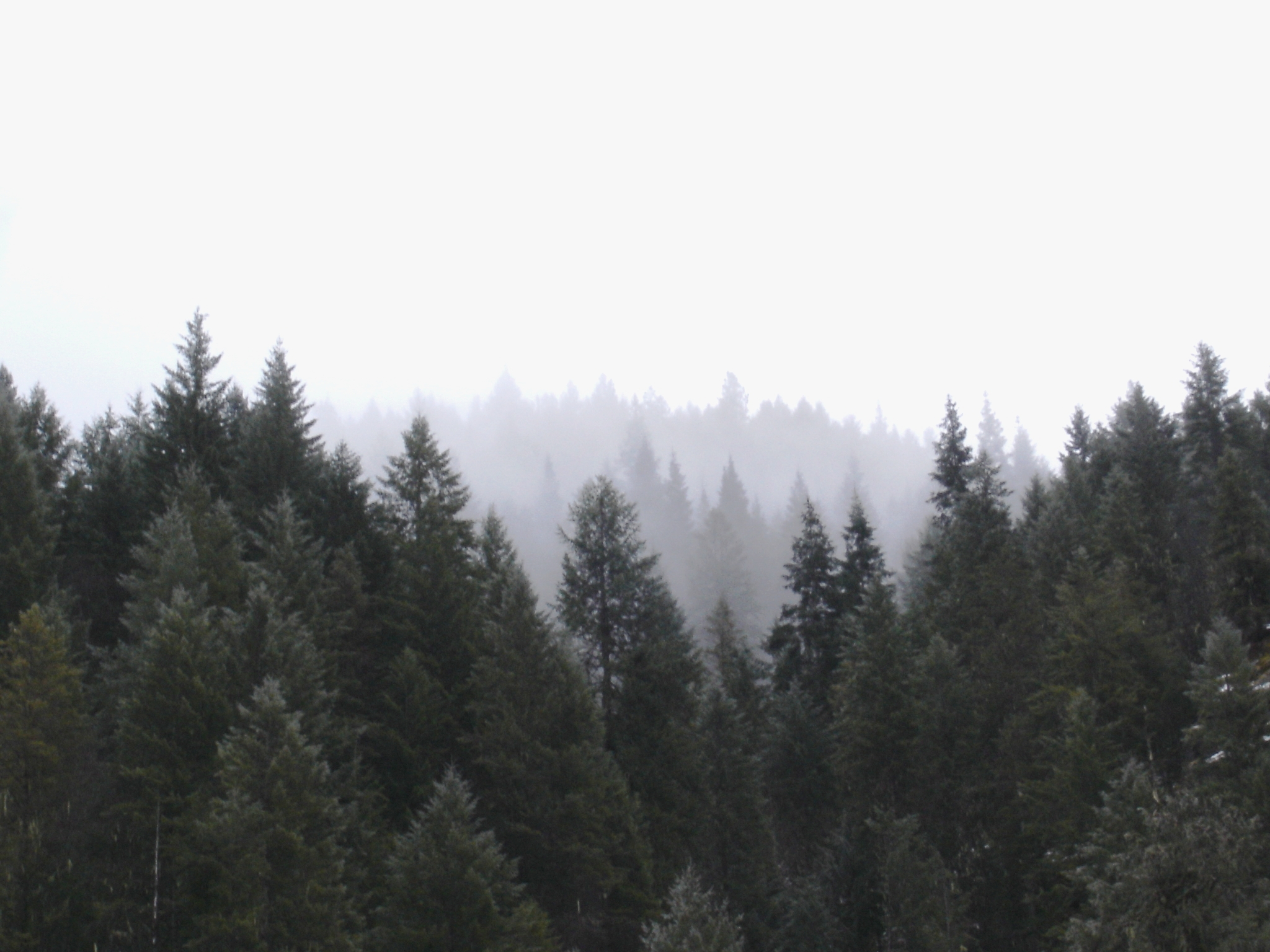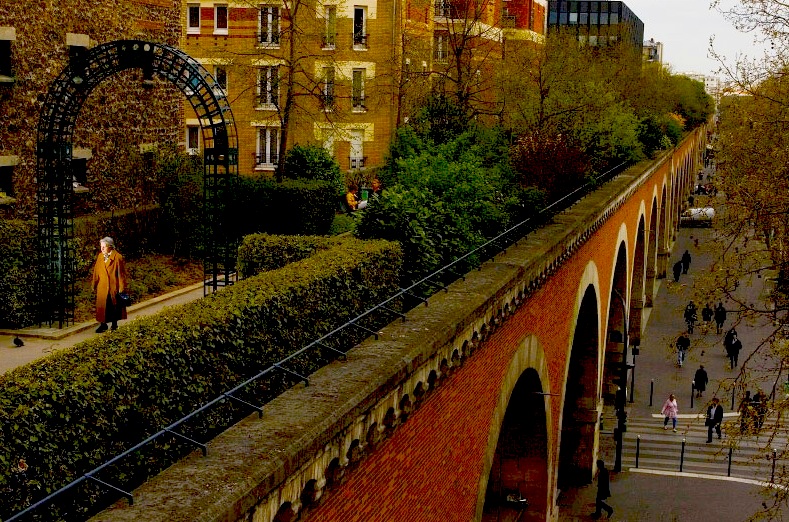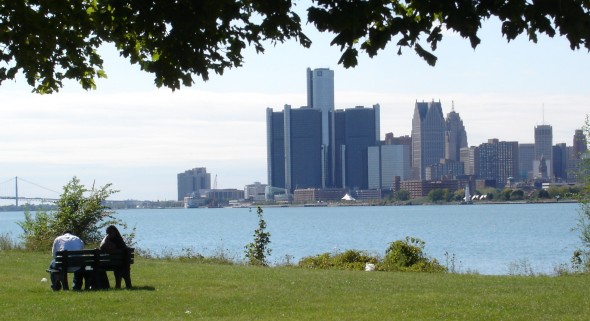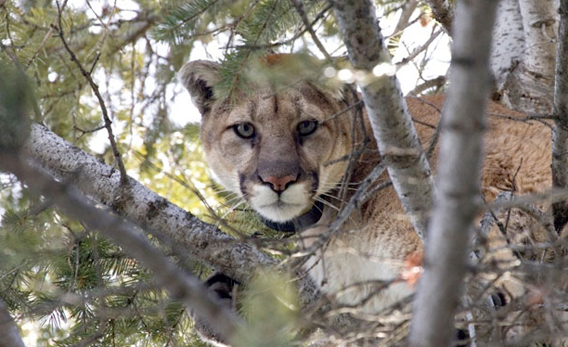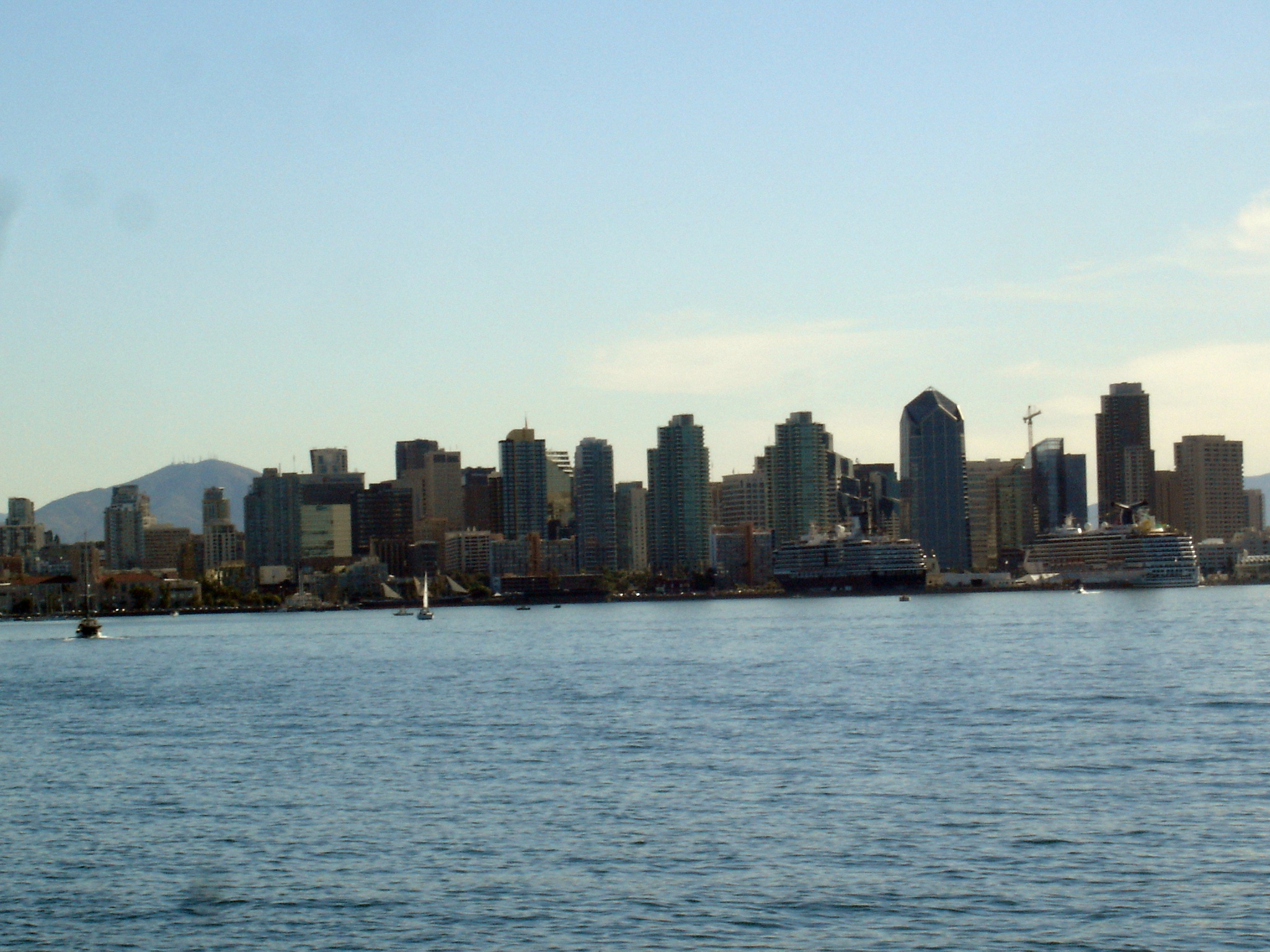Neo-colonialism in Honduras: Paul Romer’s Charter Cities movement advocated suspension of sovereignty and democracy in the service of unfettered capitalism. Unfortunately, the enabling legislation was deemed by the Honduran Supreme Court as unconstitutional. While the coup-backed government of Honduras presses the issue forward, resistance members and indigenous and labor organizations continue to fight this libertarian dream on the Coast of Trujillo.
Tag: Jack Eidt
Do Forests Drink Water Meant for Humans?
Wesleyan University academics argue “unnatural” forests, resulting from fire suppression policies, deplete water supplies and should be cut back. We disagree.
Sustainable Biofuels? From Agro-Fueled Land Conflicts to Algae
Can scientists engineer a biofuel that will replace the environmental and climate destroying and evermore expensive fossil fuels central to the functioning of our urbanized civilization? The answer is no and yes.
Ecological Urbanism: A City Green Re-Imagination
We must view the fragility of the planet, the disaster of our resource addiction, the warming of the earth’s atmosphere as an immune response to our daily environmental mis-stepping, a call for a re-conceptualization of our cities. We must demand a retrofitting of our urban environments to live together more efficiently, giving credence to community, allowing space for the open wild in us and them.
Detroit’s Sprawling Legacy: How to Overcome the Automobile?
Detroit must overcome its landscape sprawl and its prime benefactor: the automobile, to revive the economy and become an environmentally sustainable 21st Century city.
Mountain Lions Manage Ecosystems: Not Sport Hunters
California Fish and Game Commish’s mountain lion sport hunting, contrary to the assertions of many “sportsmen” does not provide a service of managing wildlife habitat. It typifies the senseless need for (usually) white men to shoot thriving wild animals for “fun.”
San Diego: Sprawling Under Sunshine and the City of Villages
San Diego, a militarized metropolis with a deeply stratified economy, began as a series of villages amid canyons served by public transit, transformed into freeway-close suburban sprawl, but slowly reimagines the sustainable village model.

